Internal Medicine Residency
Residents as Educators
Main navigation
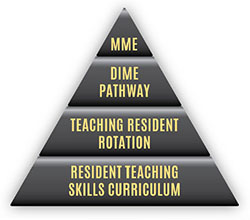
At the University of Iowa Internal Medicine Residency Program, we believe becoming a skilled educator is crucial to your development as a physician. Our residents spend a significant portion of their time on the wards teaching medical students. Additionally, the teaching skills our residents develop aid in their development as clinicians because the doctor-patient relationship is in large part a teaching relationship. After all, the word “doctor” comes from the Latin word that means “to teach.”
In an effort to help residents develop teaching skills, residents will be given ample opportunity to assume the role of teacher throughout their time as a resident. All residents also participate in our three-year, longitudinal teaching skills curriculum.
For residents interested in making education a larger part of their future career, we also over the Distinction in Medical Education track and the opportunity to pursue classwork towards obtaining a Masters in Medical Education.
Talks Given by Residents
Throughout their three years of training, our residents have numerous opportunities to teach.
Teaching medical students
Whether its informal teaching points in between patients on rounds, while walking to see a new admit in the ED, or a chalk-talk in the team room, most of our residents teaching time will be spent teaching students.
R2 talk
During the R2 year, our residents prepare a 30-minute presentation on any topic within internal medicine, ranging from Pulmonary Langerhans cell Histiocytosis to Clinical Reasoning Errors. These presentations are prepared under the direction of a resident-chosen mentor who helps provide feedback.
Journal Club
During the R3 year, our residents prepare a 30-minute presentation on a recent ground-breaking study in the field of internal medicine. The leading resident walks their peers through the study design and results and discusses the impact of this article on current practice.
Morbidity, Mortality, and Improvement Conference
Anytime during residency, our residents have the opportunity to present a patient case during our MMI conference and discuss the systems issues that negatively impacted patient care.
Morning Report
During the R2 and R3 year, our residents prepare a case presentation for their peers. The presenting resident chooses the teaching points and drives the education of their co-residents forward.
ACP Clinical Vignette
All residents given one or more clinical vignette presentations during our friendly annual ACP clinical vignette competition throughout their residency. The winner of the competition goes on to present at the statewide ACP chapter meeting.
Teaching Resident Rotation
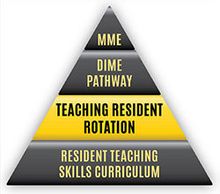
Each year, a sub-set of third year residents are selected to be the “Teaching Resident” for a 4-week period. The Teaching Resident is responsible for teaching the core-year and Sub-I medical students on internal medicine rotations in small-group facilitation, interactive classroom lecturing, simulation session, and bedside instruction. This rotation is a fantastic opportunity to demonstrate the skills obtained through participation in the longitudinal Teaching Skills Curriculum. Feedback is provided to each Teaching Resident through written evaluations from the students they taught as well as direct observation by a faculty mentor.
2025-26 Teaching Residents
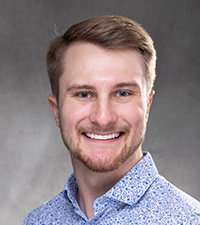
Cameron Brownlee
July 7 – August 3, 2025
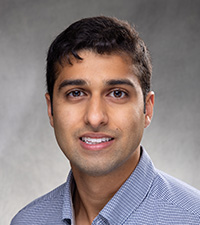
Pranav Puri
August 4 – August 31, 2025
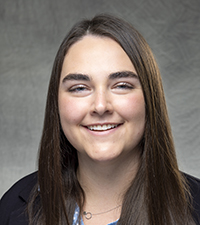
Ashten Sherman
September 1 – September 14, 2025
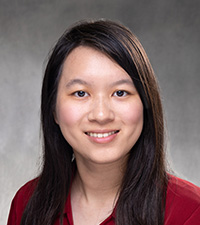
Amanda Chang
September 15 – September 28, 2025
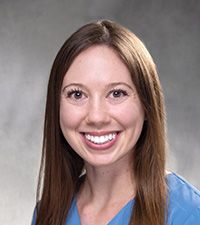
Katrina Dovalovsky
September 29 – October 26, 2025
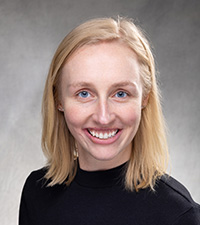
Quinn Vatland
October 27 – November 23, 2025
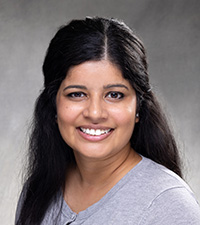
San Chandra
November 24 – December 21, 2025
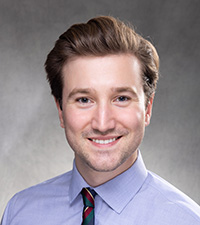
Stefano Byer
January 12 – February 8, 2026
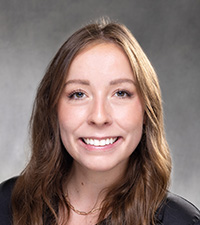
Carlie Sorensen
February 9 – March 8, 2026
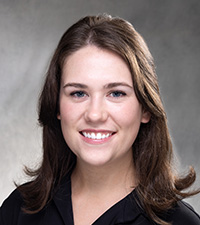
Calie Brownlee
March 9 – April 5, 2026
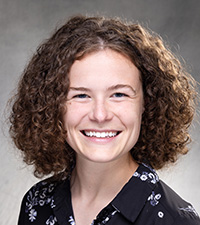
Maluki Radford
April 6 – May 3, 2026
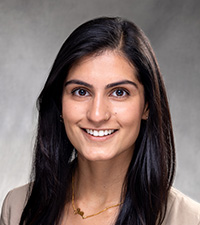
Trisha Slehria
May 4 – May 31, 2026
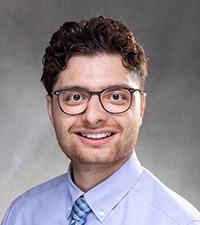
Alp Kahveci
June 1 – June 23, 2026
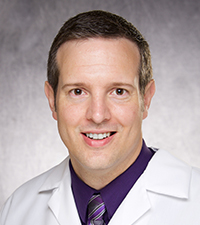
M. Lee Sanders, MD, PhD
Director
Masters in Medical Education
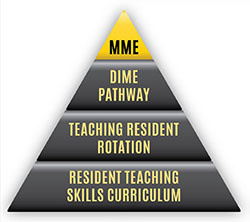
The Masters in Medical Education (MME) is a competitive, 30 semester-hour program coordinated through the Office of Consultation and Research in Medical Education at the Carver College of Medicine. Learners enrolled in the masters program take seven core courses covering topics including educational measurement in medical education, current issues in medical education, instructional design and technology, teaching methods, clinical teaching, assessment in medical education and educational research and evaluation as well as electives. In addition to coursework, the participant develops a summative portfolio project.
During residency, residents have the opportunity to complete coursework in the MME program and work towards earing a certificate (Medical Education, Graduate Certificate). This coursework will contribute to a Masters of Medical Education if a resident chooses to pursue further studies. The residency will cover the cost of these classes while the student is a resident.
. . .
"The Masters in Medical Education (MME) program provides residents, fellows and staff the opportunity to develop teaching skills specific to medical education. Guided by the faculty in the Office of Consultation and Research in Medical Education (OCRME), the curriculum introduces learners to different areas of evidence-based assessment and educational principles, and invites participants to contribute to this growing area of research while allowing them to complete a strong portfolio. Classes are physician schedule-friendly with online options or weekly seminars after 5:30 pm. The program timeline is flexible and highly supported by the department of Internal Medicine. I highly recommend this opportunity to any healthcare provider interested in utilizing medical education as a part of his/her career."
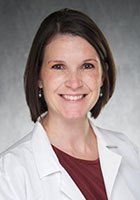
Andrea Weber, MD
Medicine-Psychiatry Resident ('17)
. . .